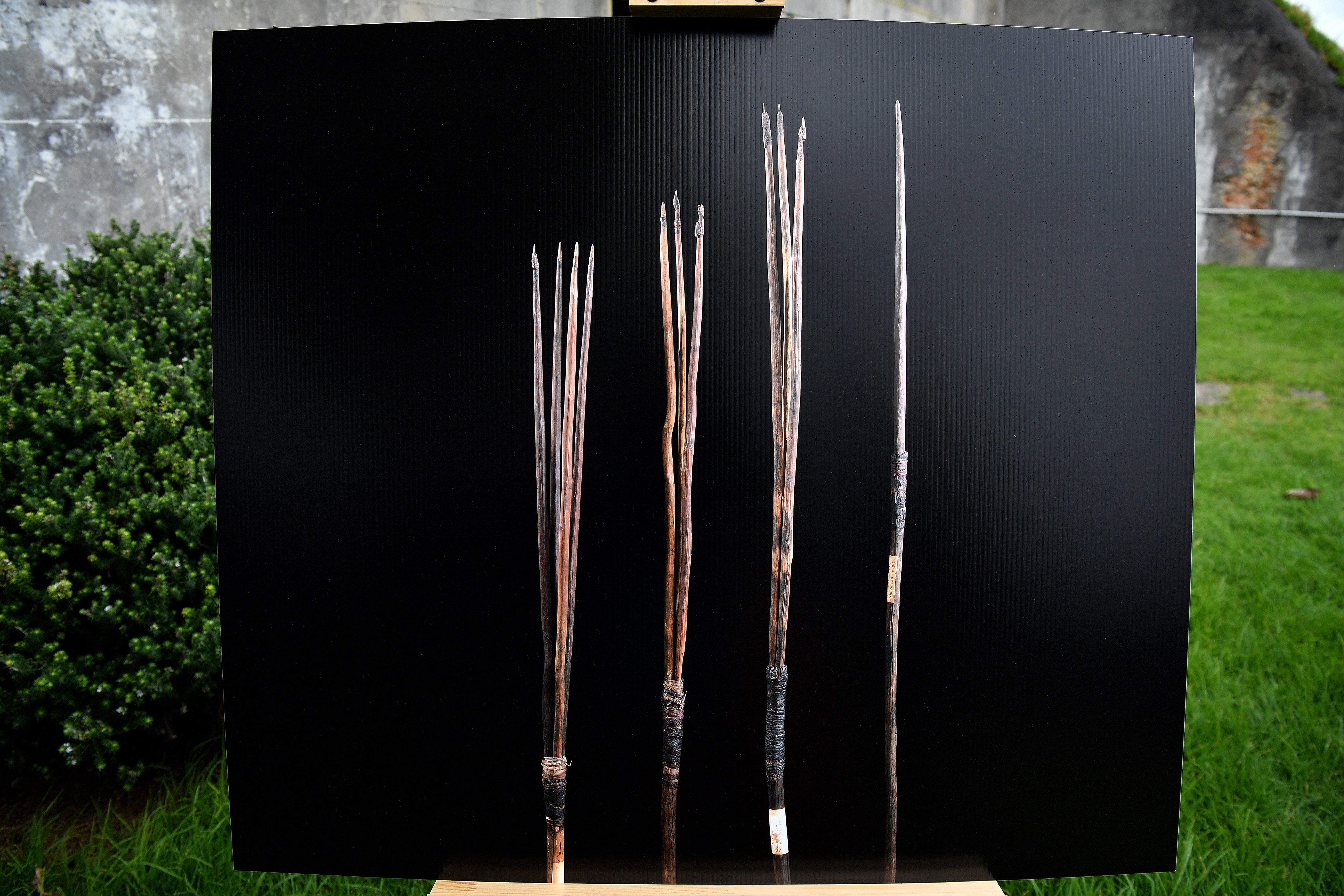Cambridge University to return Aboriginal spears stolen by Captain James Cook 250 years ago
A formal request for repatriation was made last year in December

Four Indigenous spears that were taken by British explorer Captain James Cook in 1770 during his visit to Kamay (Botany Bay) in Australia will be returned to the community, it was reported.
Cambridge’s Trinity College, where the spears were kept, has agreed to return them to the local Sydney clan.
The spears were taken from Kamay when the HMB Endeavour, captained by Lieutenant Cook, was charting Australia’s east coast.
Cook recorded that 40 spears were taken from the camps of Aboriginal people living there in April 1770.
The Indigenous spears have been a part of the college’s collection since 1771 when John Montagu – the 4th Earl of Sandwich of the British Admiralty – presented them to Trinity College soon after Cook returned to England.
The four spears, which have since 1914 been cared for by Cambridge’s Museum of Archaeology and Anthropology, are all that remain of the original 40, the reports said.
Now Cambridge’s Trinity College is speaking with the UK Charity Commission about transferring the legal title of the spears to the Aboriginal community at La Perouse, Sydney.
The decision comes after decades of campaigning by the Gweagal people – from whom the spears were taken – and the broader Dharawal nation and community organisations including the La Perouse Local Aboriginal Land Council.
Local media said that the request for repatriation was made last year in December.
Ray Ingrey, chairman of the community’s Gujaga Foundation, was quoted as saying by the BBC that “it’s part of a dreaming story that tells us how our people came to be. So not only that they’re over 253 years old, and gives us a window into our historic past, but also toward that spiritual connection, which makes it so more important”.
La Perouse Local Aboriginal Land Council chairperson Noeleen Timbery told Nine News: “They are an important connection to our past, our traditions and cultural practices, and to our ancestors.
“Our elders have worked for many years to see their ownership transferred to the traditional owners of Botany Bay.
“Many of the families within the La Perouse Aboriginal community are descended from those who were present during the eight days the Endeavour was anchored in Kamay in 1770.”
Trinity College master, Dame Sally Davies, told ABC News: “Trinity is committed to better understanding the College’s history, and to addressing the complex legacies of the British empire, not least in our collections.”






Join our commenting forum
Join thought-provoking conversations, follow other Independent readers and see their replies
0Comments